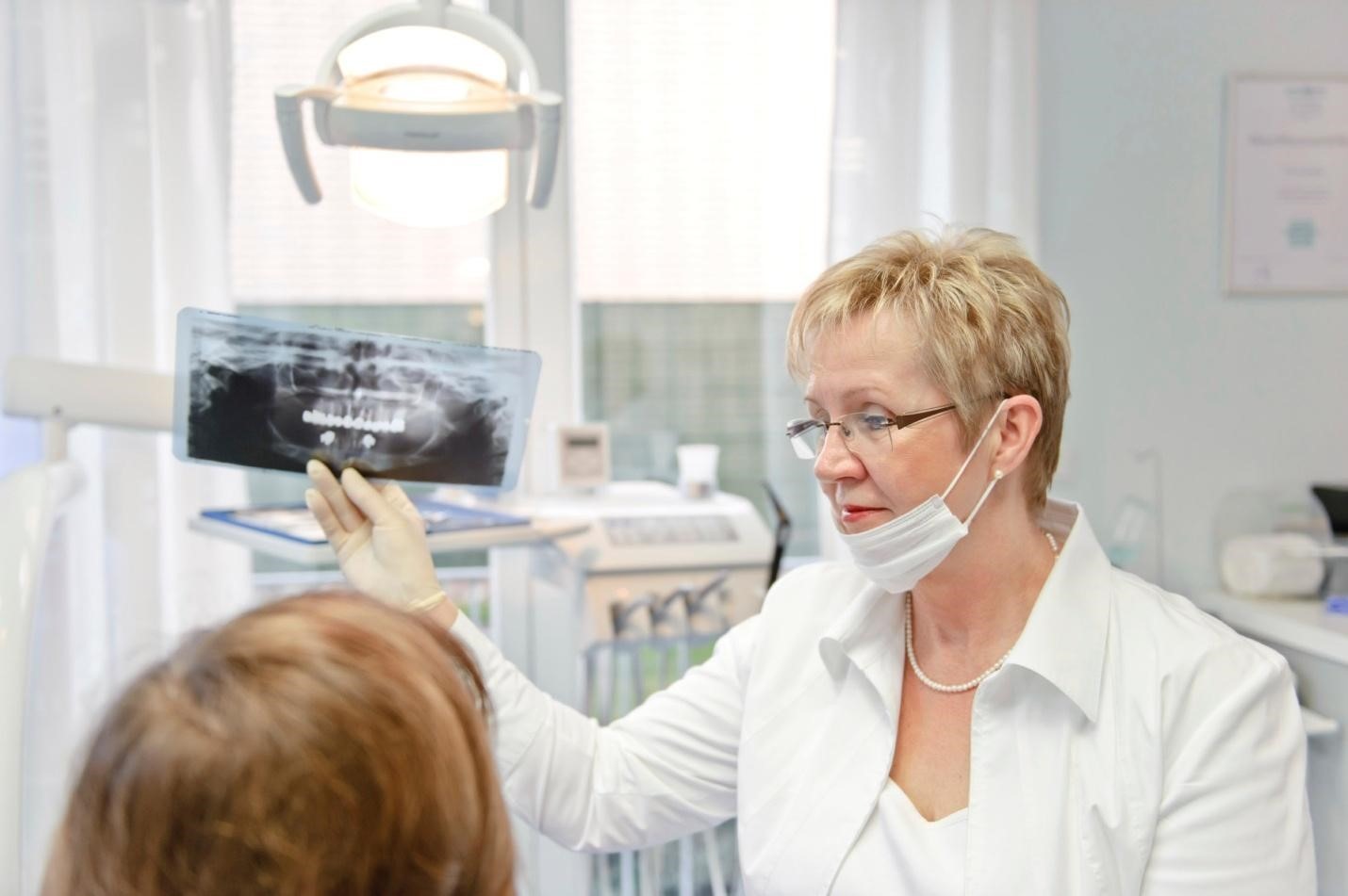Dentists do everything they can to keep your teeth healthy; therefore, it is only fair that you play your part. They ensure that your teeth are regularly checked as well as helping with emergencies such as those seen by Immediate Implant Cardiff company. There are lots of ways in which you can make sure that any dental procedure heals quickly and without complications.
If you have to have a tooth taken out, proper aftercare will help to prevent infection and maintain the health of the rest of your teeth. Dentists don’t enjoy extracting teeth – it is a last resort. If you do have to have an extraction, the following guidelines should help you to avoid complications.
1: Don’t smoke
Smoking is never healthy, under any circumstances, but it is a particularly bad idea to smoke after an extraction. It will slow down the blood flow to the extraction area, which will make healing slower and infections more likely.
2: Lightly-salted water
Swilling warm, lightly-salted water around your mouth will help to keep your mouth clean and free from infection. Don’t swoosh vigorously, as this might dislodge the blood clot that forms as the first stage of healing; equally, don’t prod the extraction site with your tongue or finger. If you knock the blood clot off, the process has to start again.
3: Keep brushing
Avoid the extraction area, but brush your teeth as often and as thoroughly as usual. This will keep your other teeth healthy and reduce the risk of infection by reducing the number of bad bacteria in your mouth.
The British Dental Health Foundation has suggestions for care after extractions, while a good dentist will always tell you in detail how to treat your teeth after any dental procedure.
The best way to look after your teeth, of course, is to try to make sure nothing goes wrong. This can be achieved by:
1: Regular check-ups
One way of making sure that you need as little dental treatment as possible is to visit your dentist more frequently. Dentists provide thorough check-ups so that any problems with your teeth or gums are found early and can be treated before they become really serious.
2: Caring for your teeth
Your regular routine helps to ensure the continuing health of your teeth and gums. Make sure you brush your teeth for the recommended two minutes twice a day, and manually floss or use an electric water flosser.






